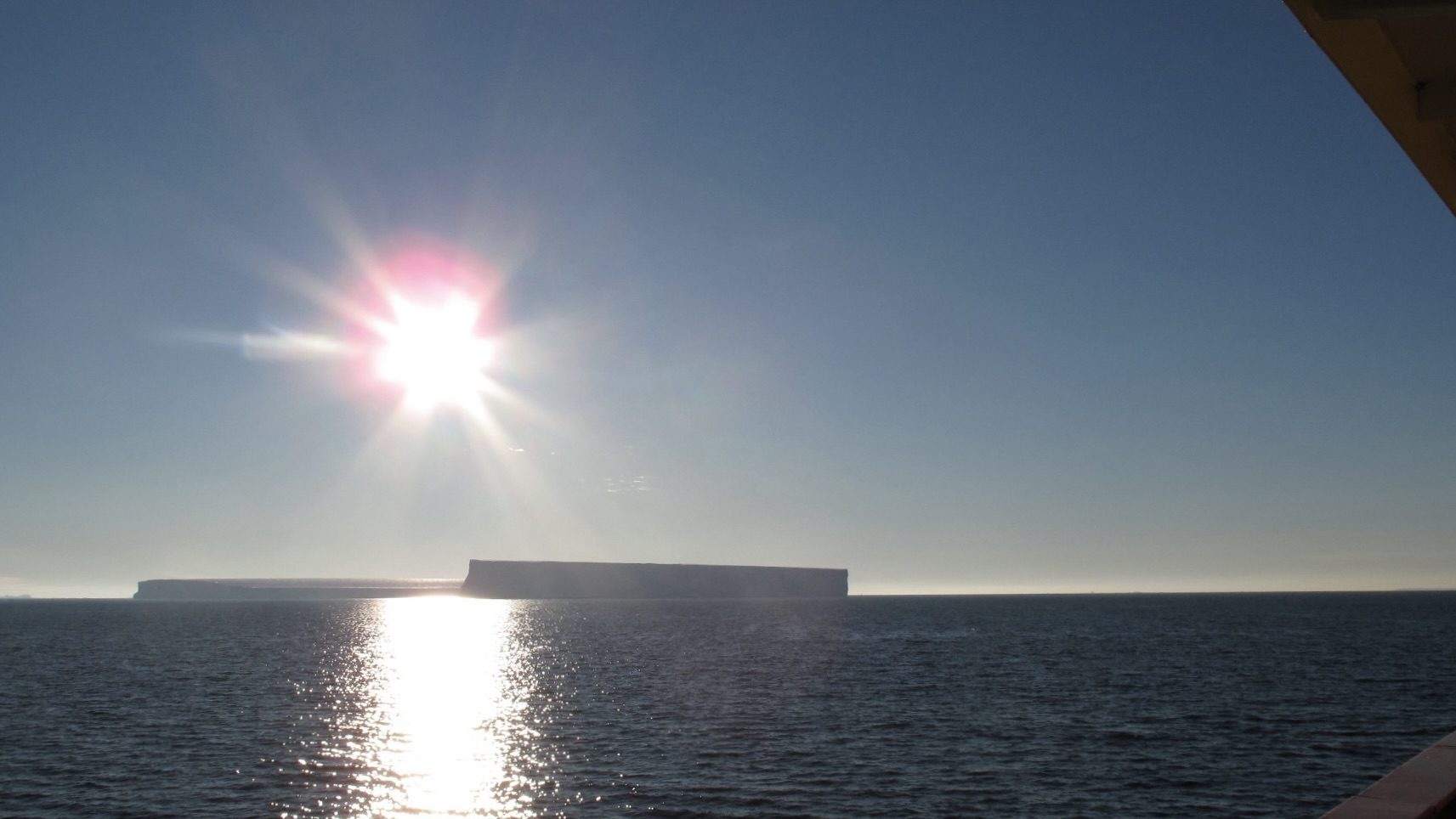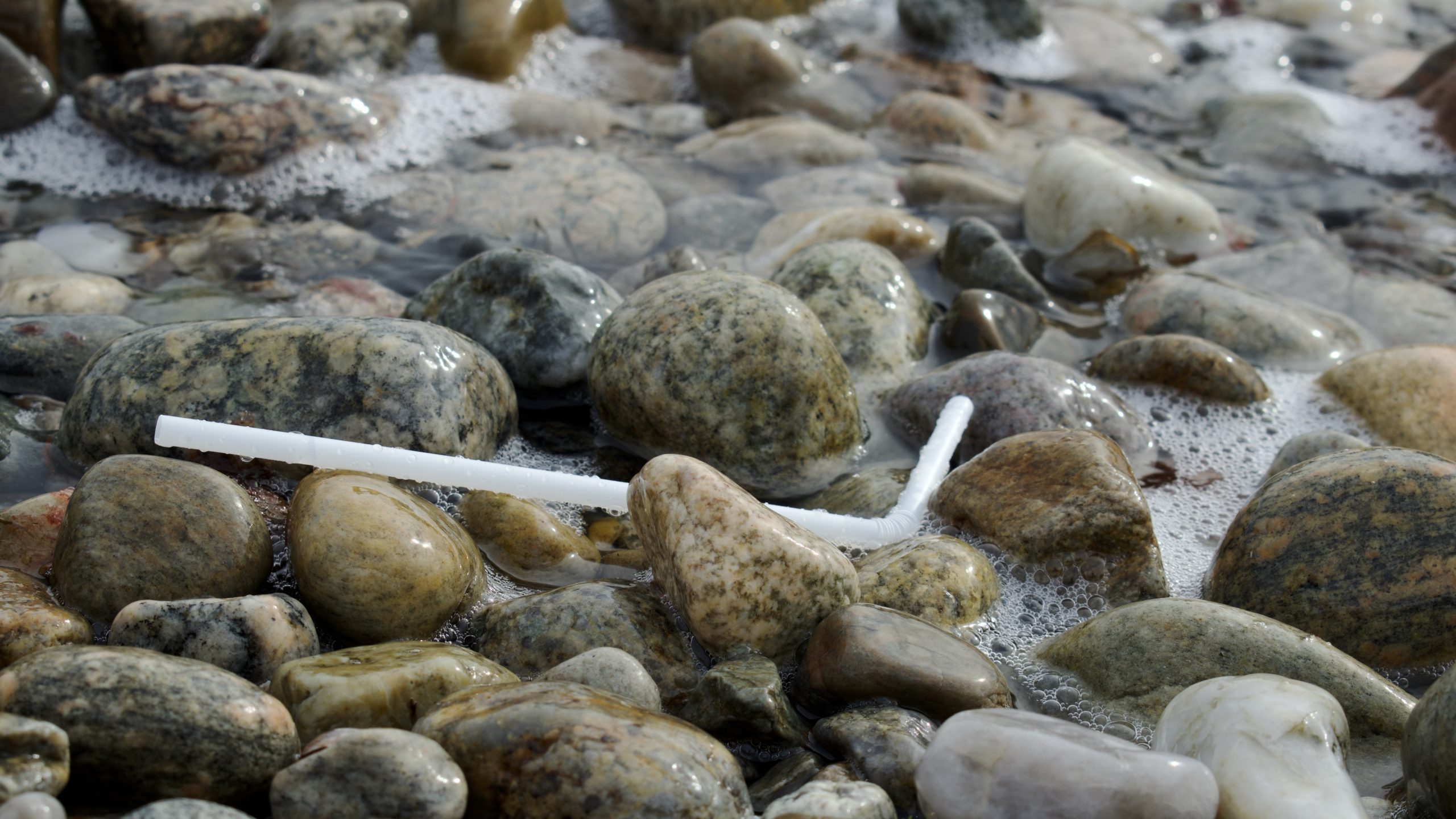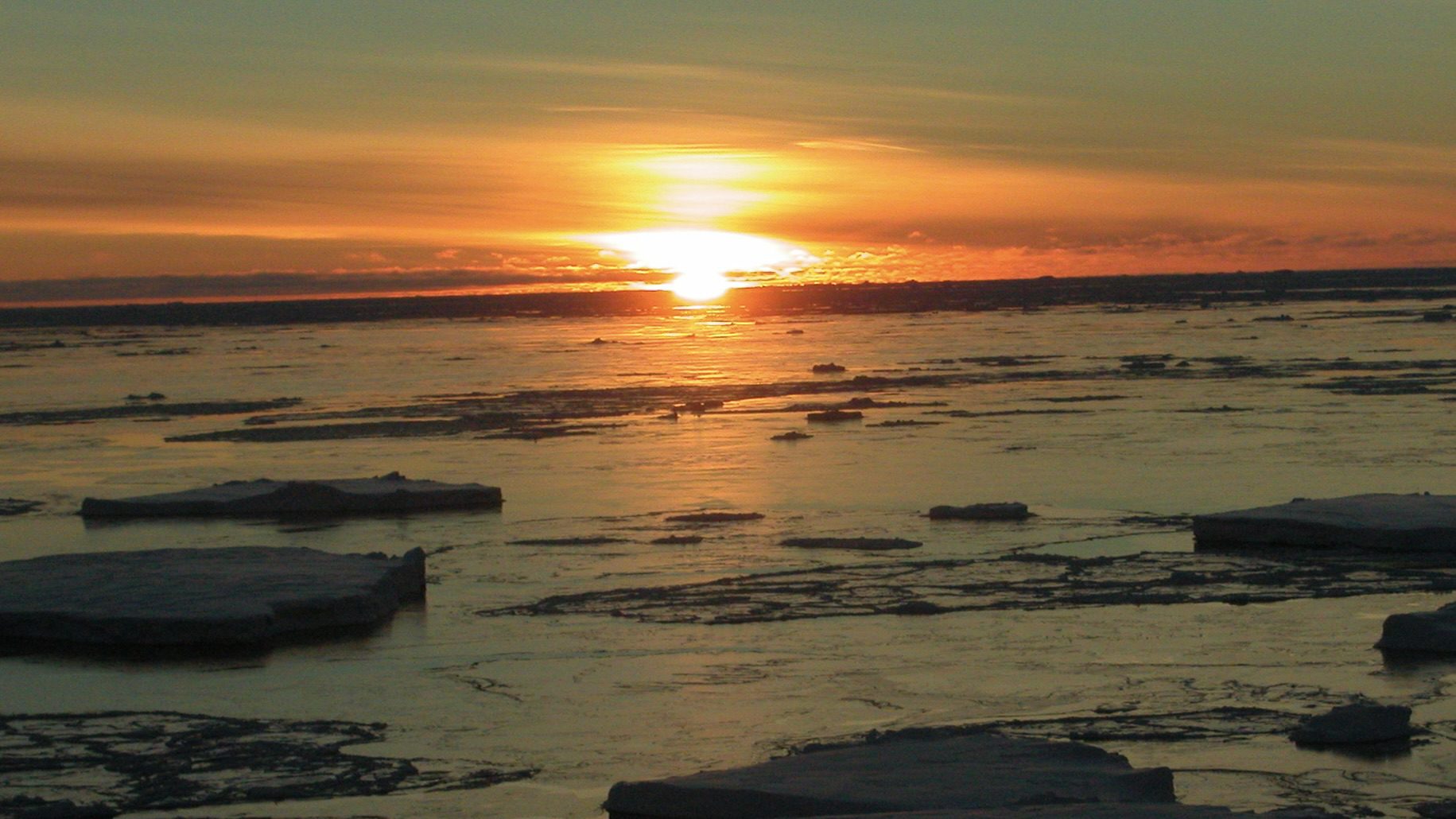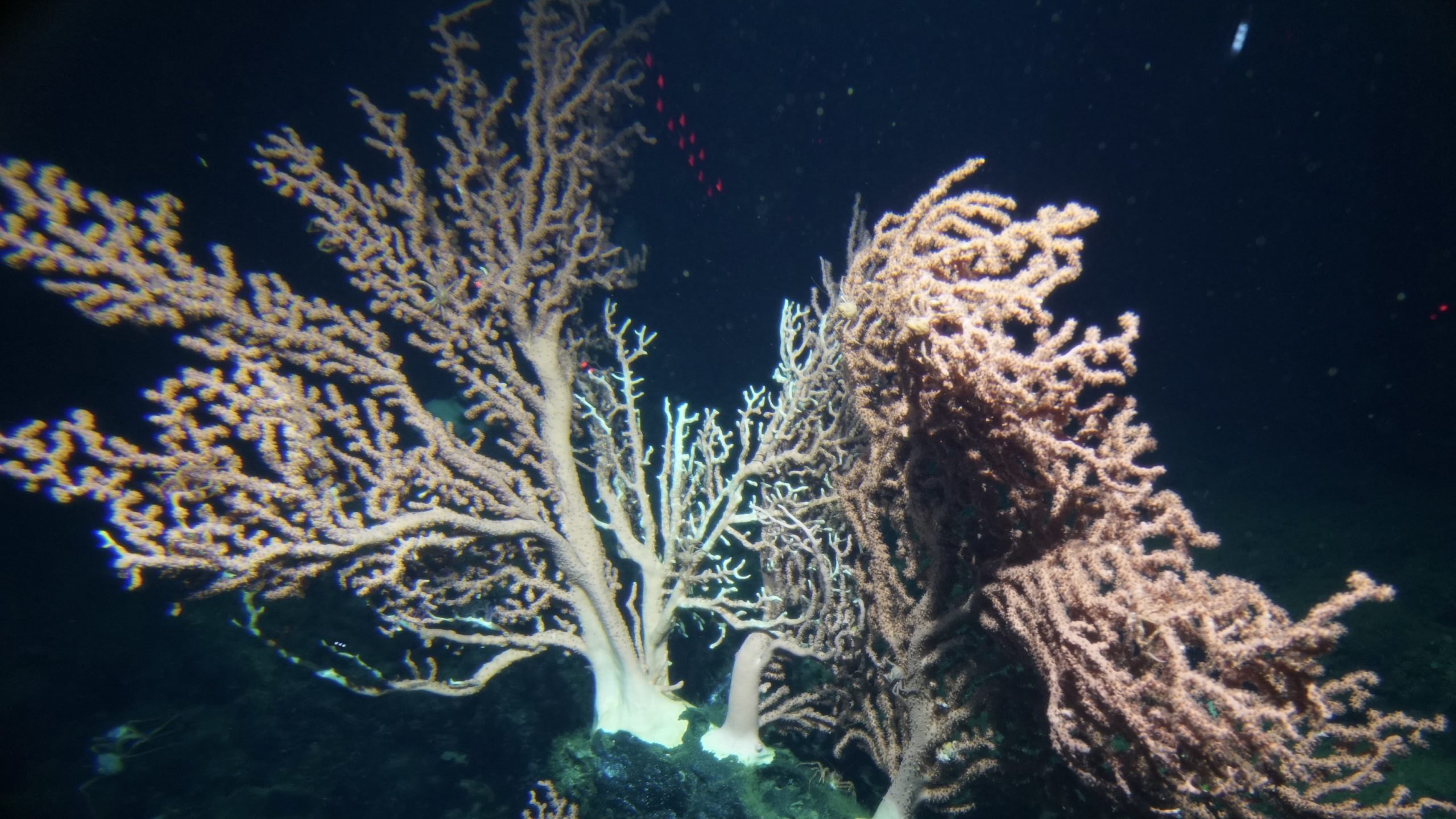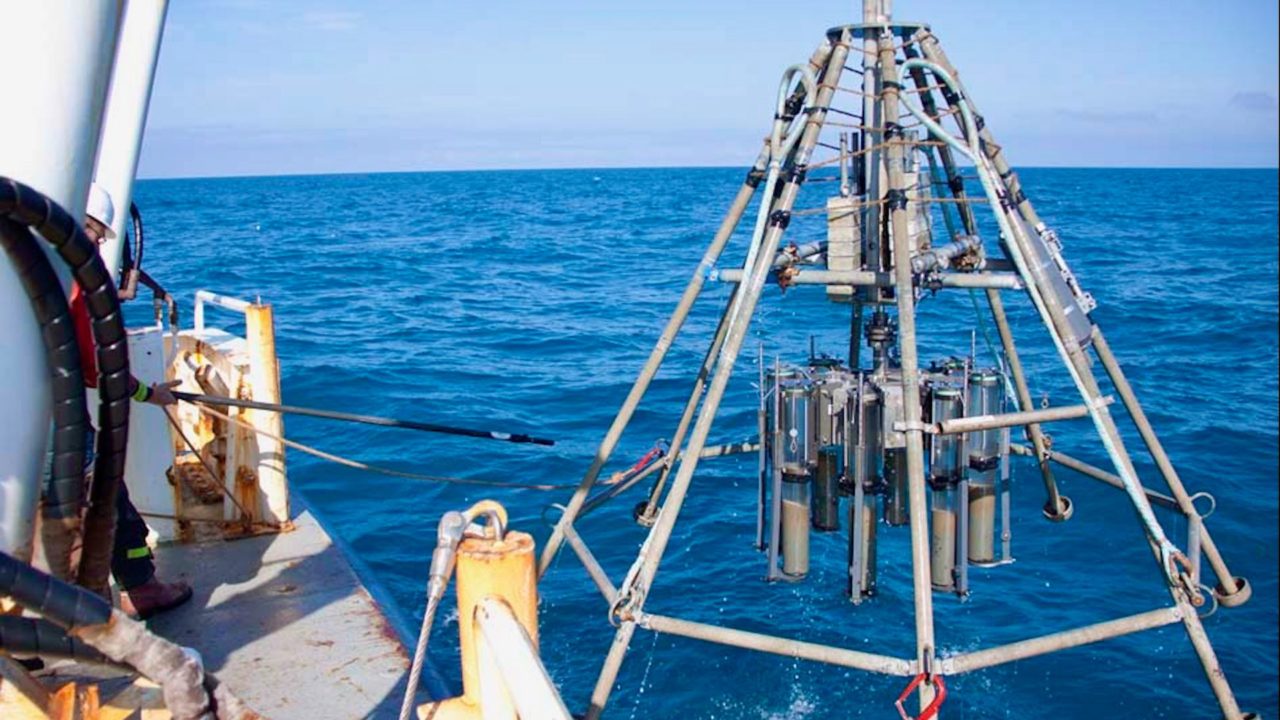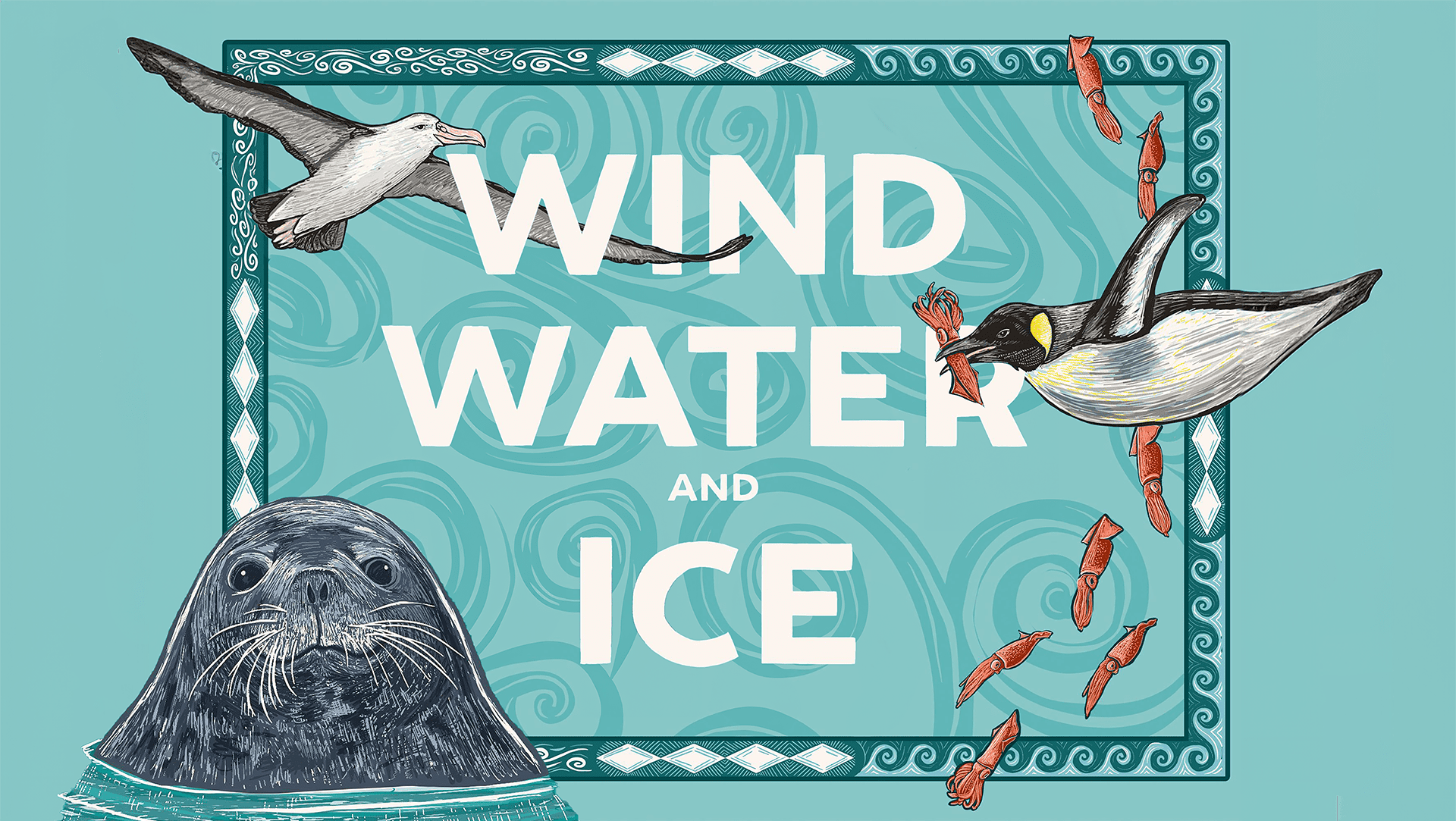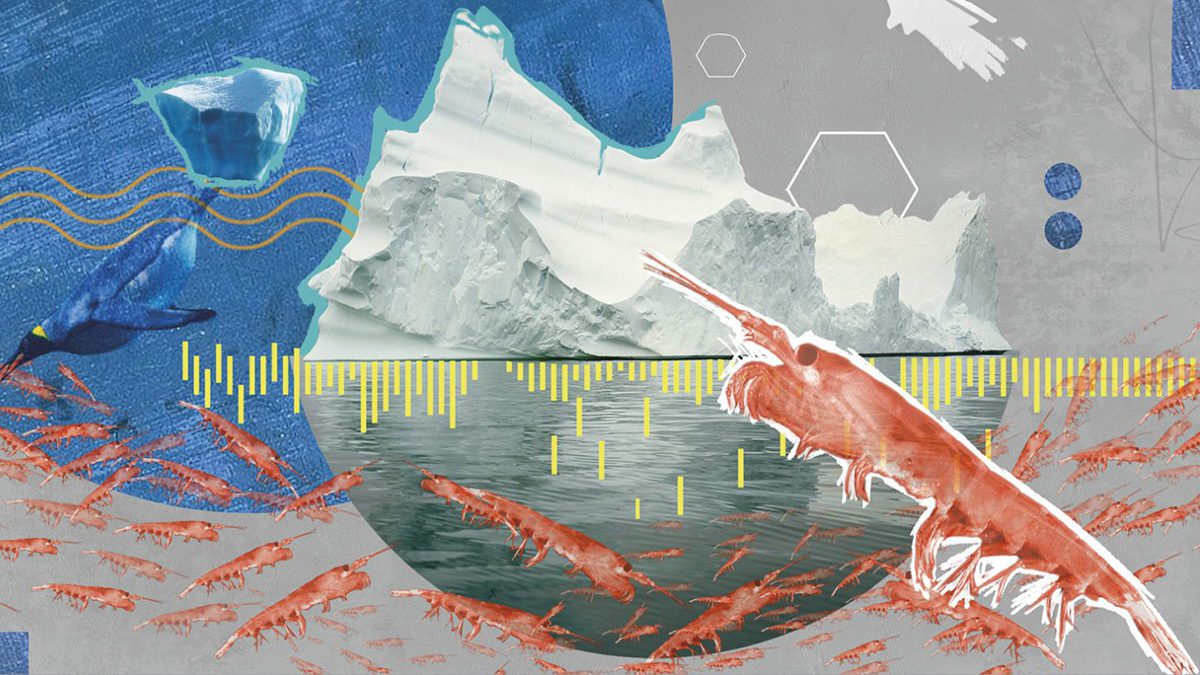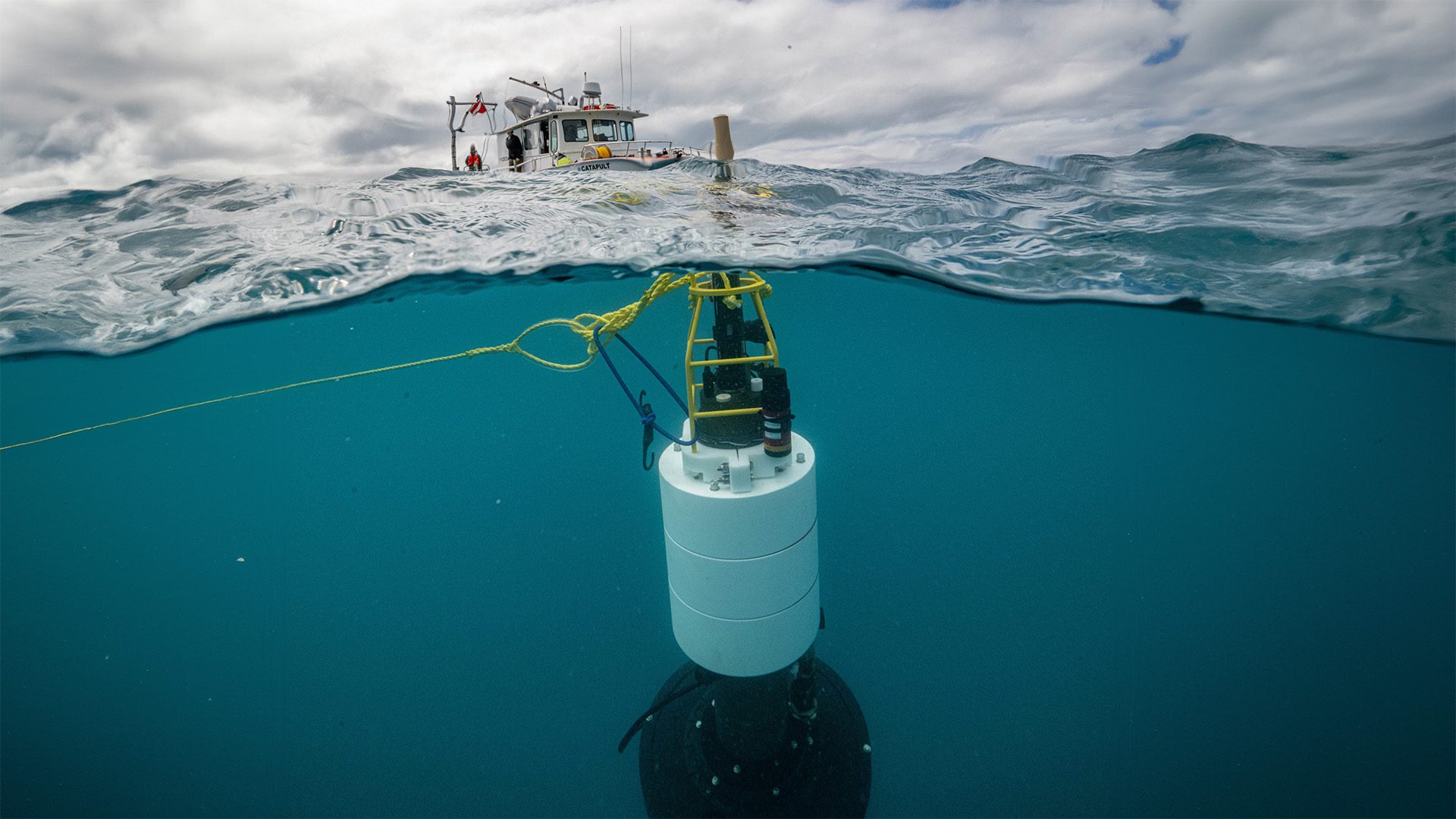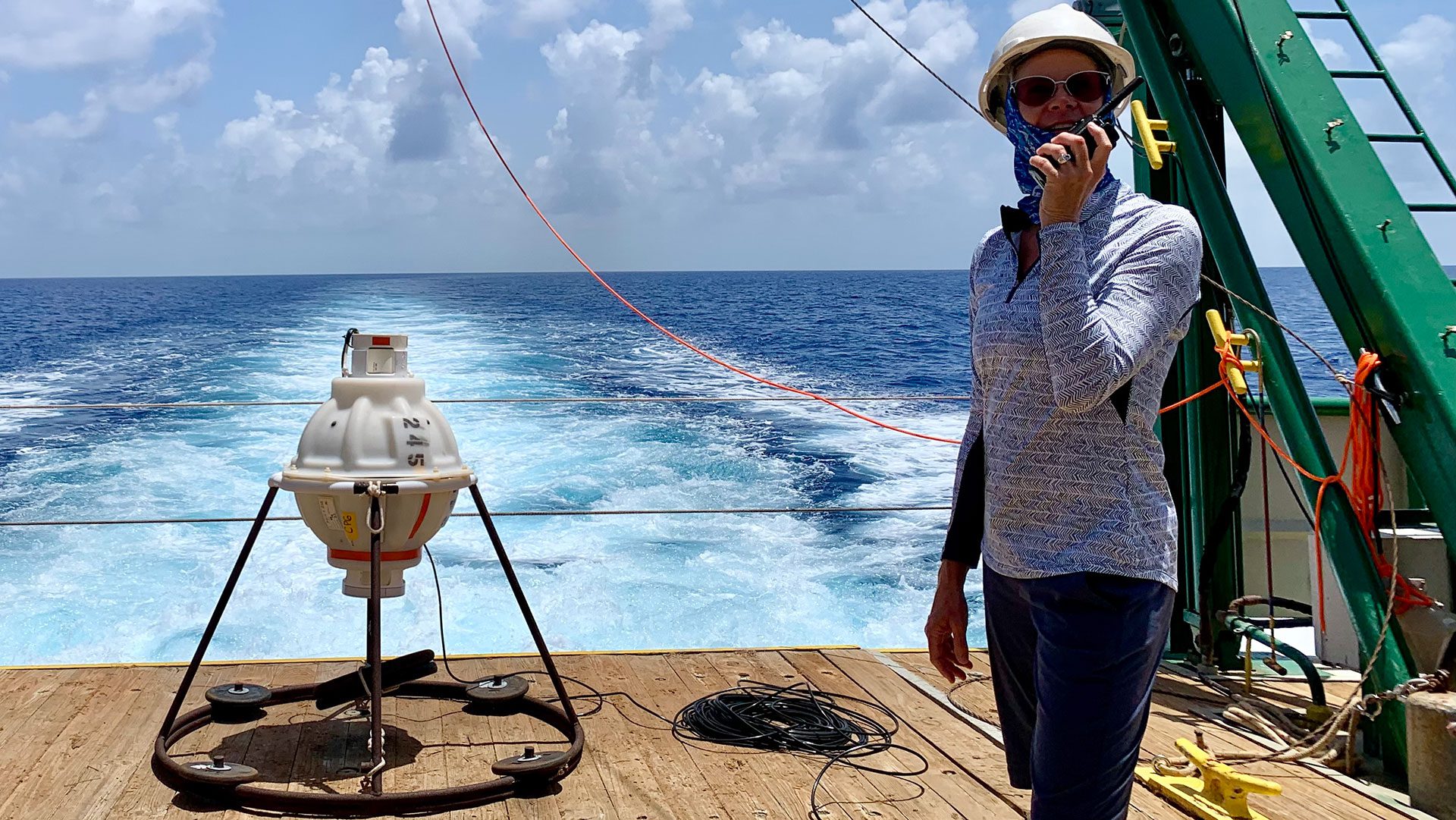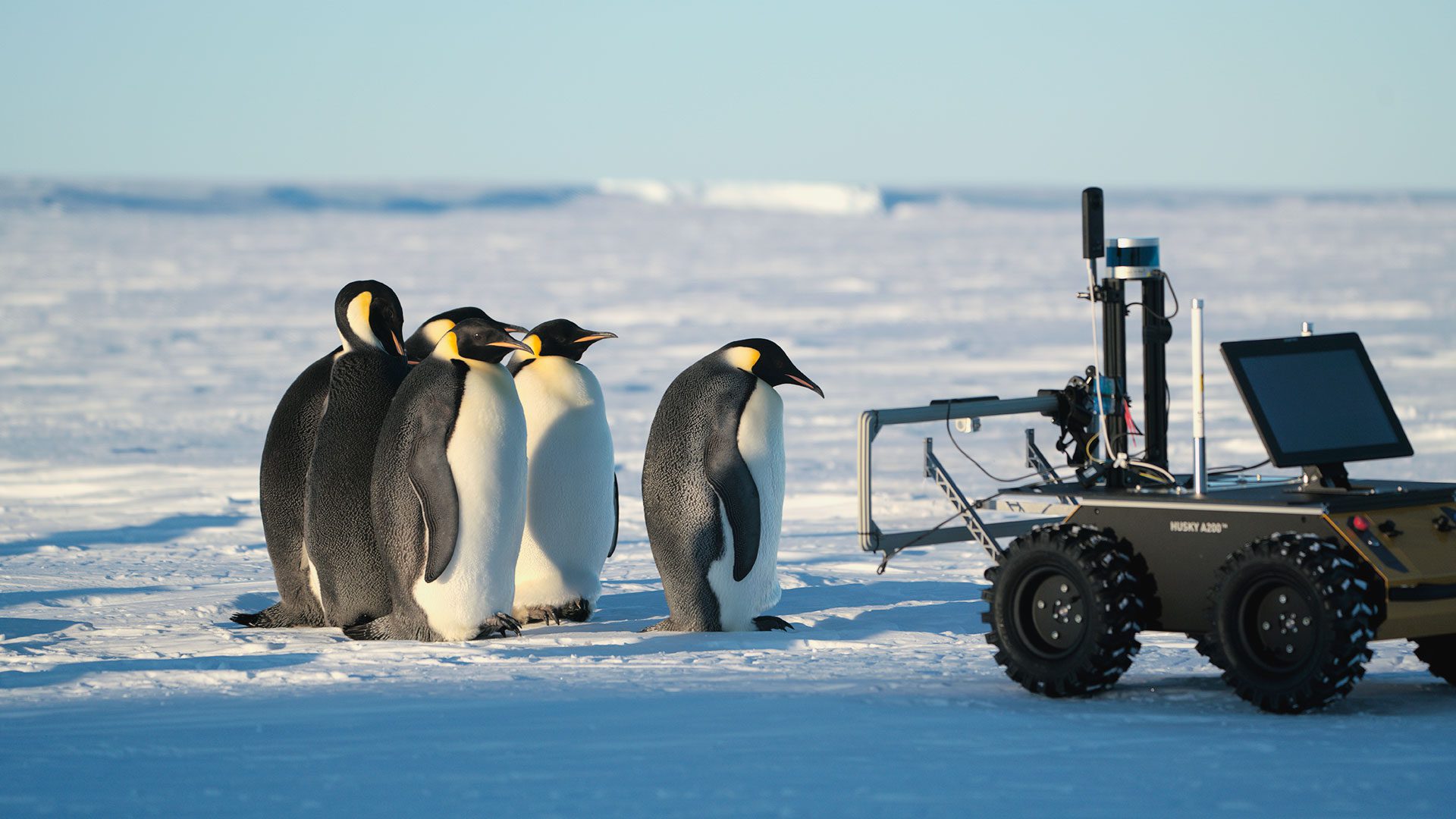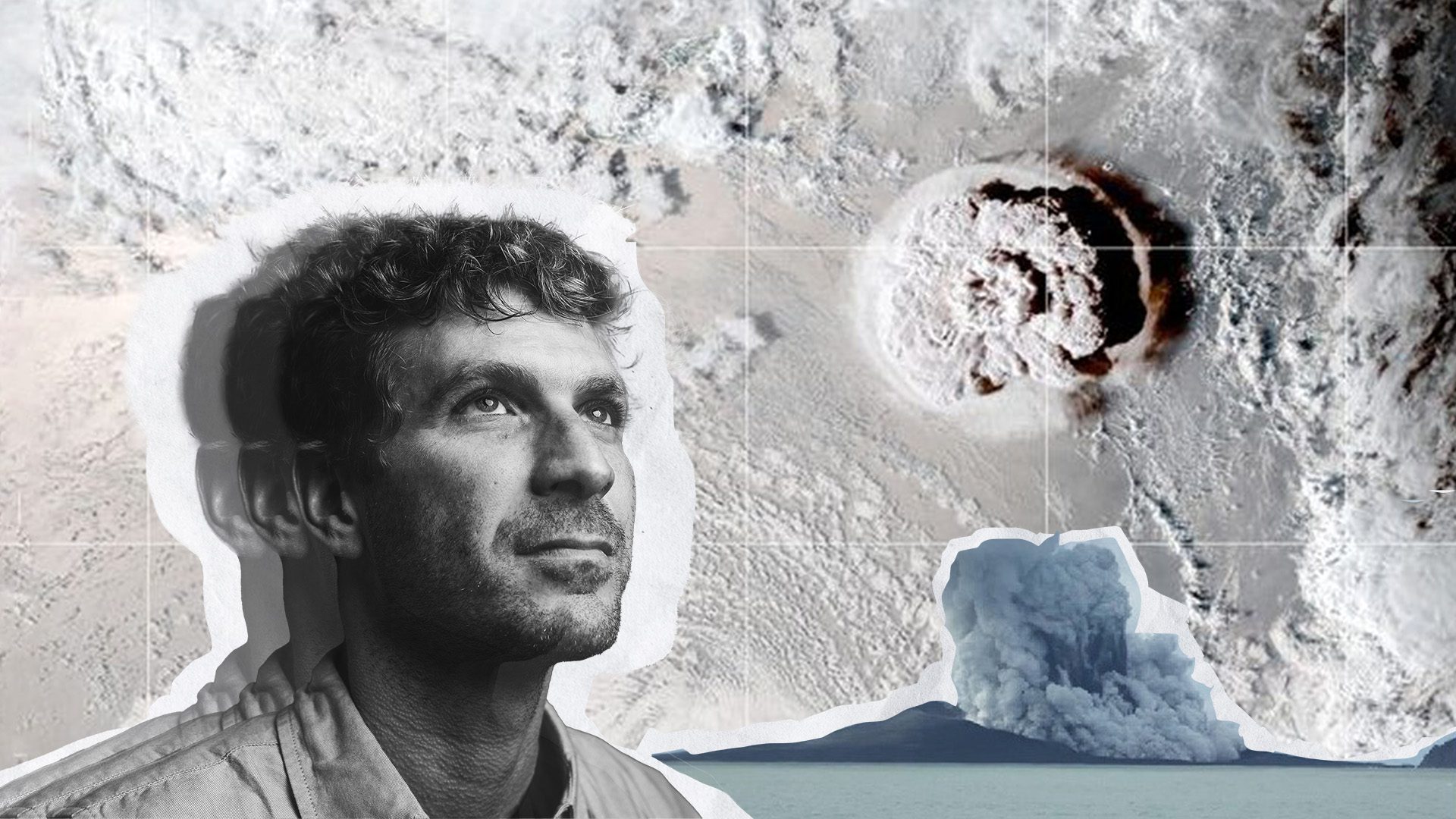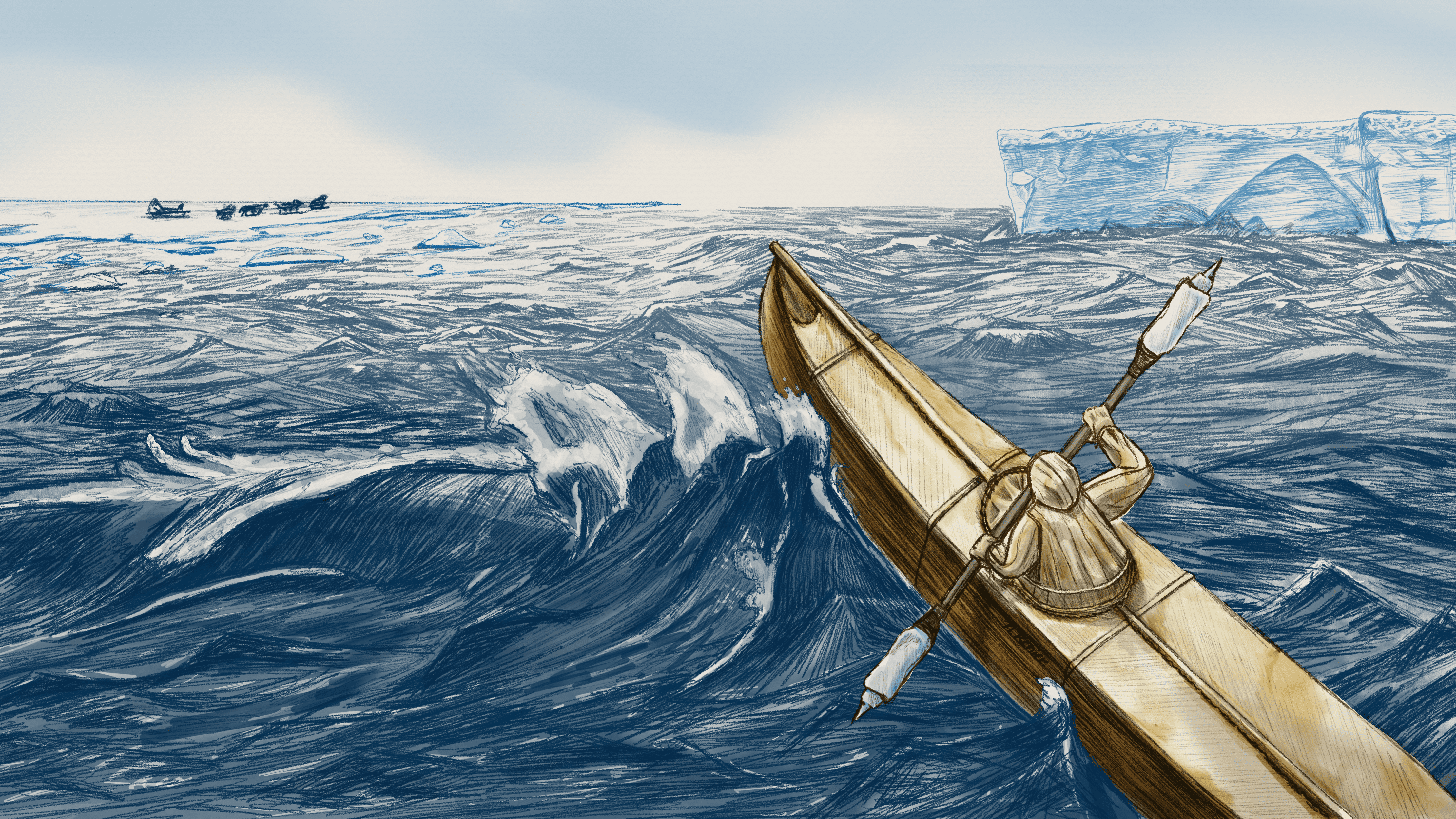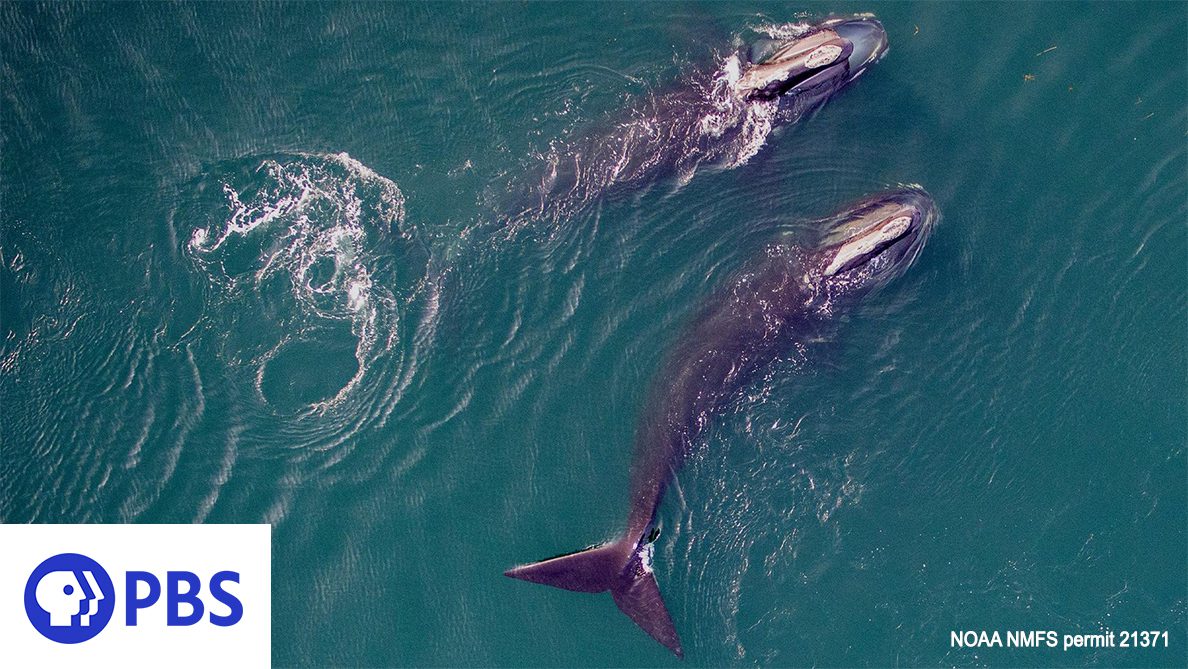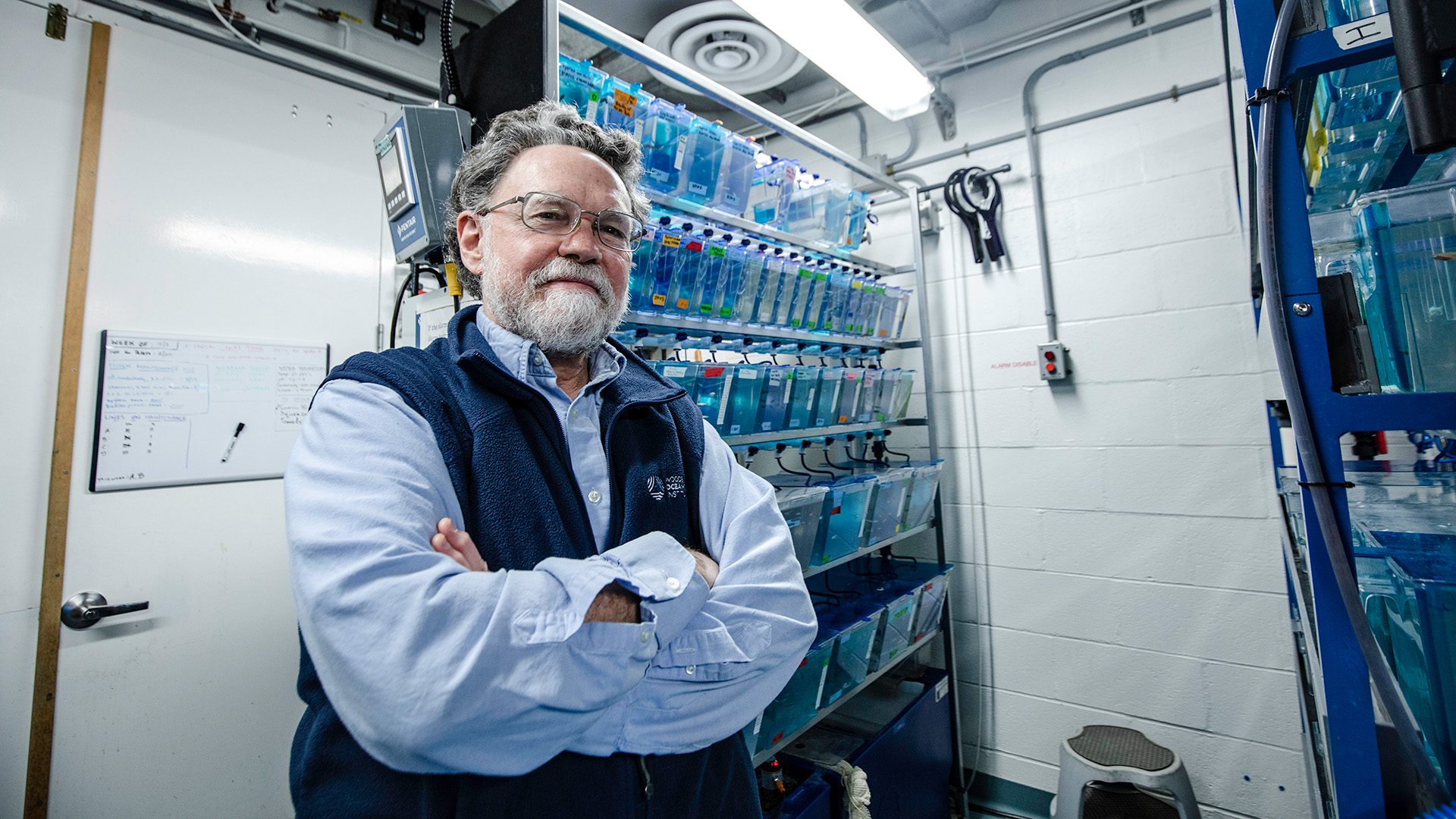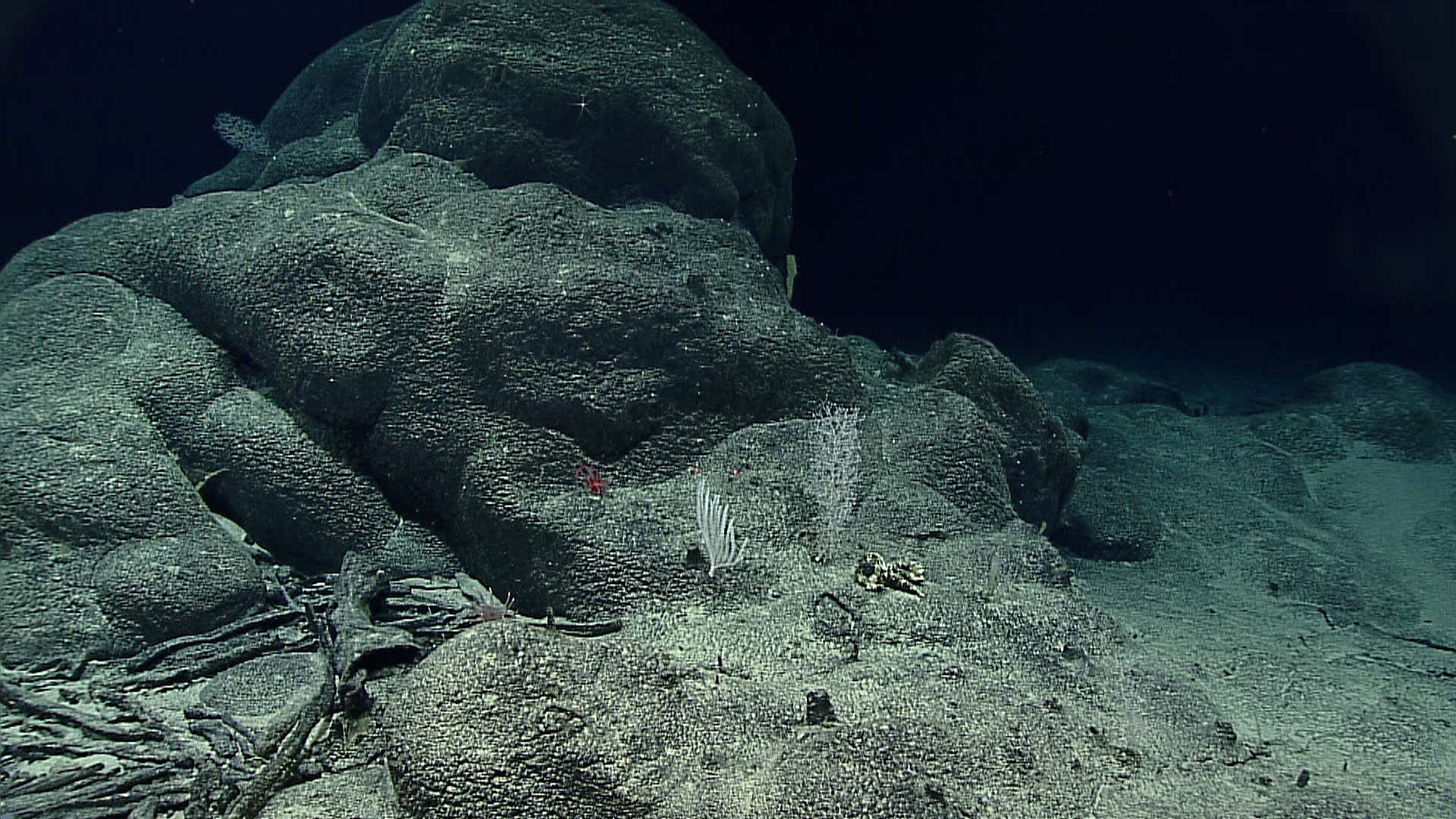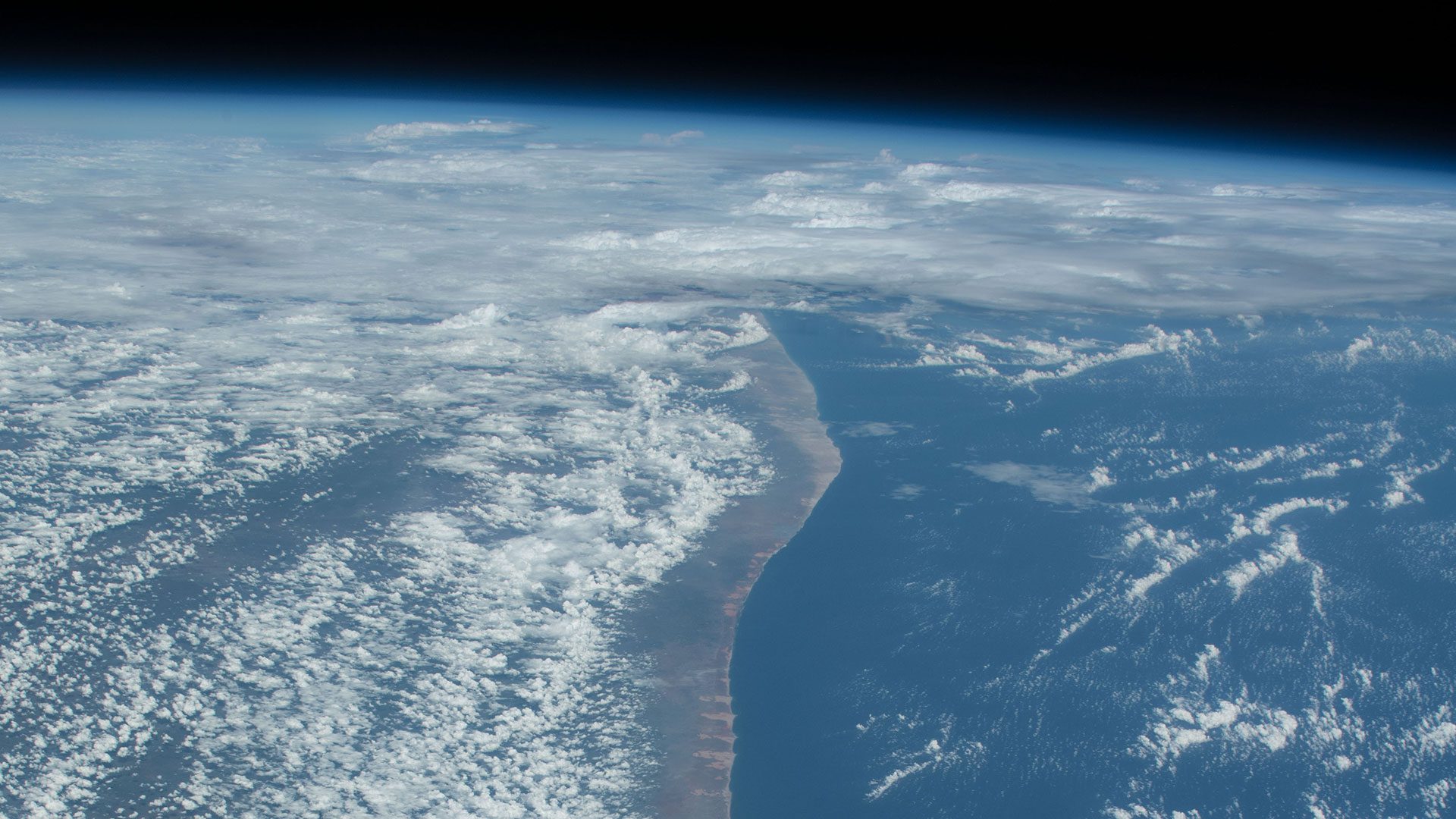Research Highlight
Vitamin B12 adaptability in Antarctic algae has implications for climate change
Woods Hole, Mass. — Vitamin B12 deficiency in people can cause a slew of health problems and even become fatal. Until now, the same deficiencies were thought to impact certain…
Read MoreSome Plastic Straws Degrade Quicker Than Others, New Study Shows
WHOI researchers determine lifetimes of drinking straws in the coastal ocean and develop a prototype bioplastic straw that degrades even faster than paper
Read MoreStudy says ice age could help predict oceans’ response to global warming
Woods Hole, MA – A team of scientists led by a Tulane University oceanographer and the Woods Hole Oceanographic Institution (WHOI) has found that deposits deep under the ocean floor…
Read MoreA new way of looking at plastics
WHOI researchers develop a new sustainability metric for plastic products
Read MoreA cold case, filed
A year after East Antarctica’s Conger ice shelf collapsed, an expert uses forensic evidence to uncover what happened
Read MoreNew Study: Deep Sea Sensor Reveals That Corals Produce Reactive Oxygen Species
A new sensor on the submersible Alvin discovered reactive oxygen species for the first time in deep-sea corals, broadening our understanding of fundamental coral physiology Woods Hole, MA — Just…
Read MoreEvidence of Climate Change in the North Atlantic can be Seen in the Deep Ocean, Study Finds
Woods Hole, Mass. –Evidence of climate change in the North Atlantic during the last 1,000 years can be seen in the deep ocean, according to a newly published paper led…
Read MoreWind Water and Ice
Like fiction, but real. Explore the “superpowers” of three Antarctic icons
Read MoreNowhere to go
As sea ice dwindles, Antarctic krill face an uncertain future
Read MoreFilming in the Arctic Night
A behind-the-scenes look at the making of the Emmy-nominated PBS film, Life in The Dark: The Polar Night
Read MoreStudy offers first definitive proof that Gulf Stream has weakened
“New research from the Woods Hole Oceanographic Institution offers the first conclusive evidence that the Gulf Stream has weakened. The powerful ocean current off the East Coast influences regional weather, climate and fisheries, and the finding could have significant implications both for New England and the global climate.”
Read MoreA new way to track marine snow ‘blizzards’
New submersible provides insights into how organic carbon moves through the ocean twilight zone
Read MoreNew Study Definitively Confirms Gulf Stream Weakening
The Gulf Stream – which is a major ocean current off the U.S. East Coast and a part of the North Atlantic Ocean circulation – plays an important role in weather and climate, and a weakening could have significant implications.
Read MoreUp close and personal
Ocean robots work alongside marine animals to study their behavior
Read MoreHow did the ocean remain so quiet during Tonga’s eruption?
Underwater acoustics expert Gil Averbuch teases apart a mystery
Read MoreTechnology Hatchery
The latest robotics projects happening inside the George and Wendy David Center for Ocean Innovation
Read MoreA throwback to ABE
The OG autonomous seafloor robot
Read MoreKeeping an ear out for whales
Scientists look to safeguard the mammals with robotic buoys in the New York Bight
Read MoreAre warming Alaskan Arctic waters a new toxic algal hotspot?
WHOI researchers warn Arctic communities following detection of a harmful bloom
Read MorePaddling an angry, ancient ocean
If ancient Beringians got to the Americas by boat, it couldn’t have been easy
Read MoreNOVA: Saving the Right Whale
Experts from WHOI, Center for Coastal Studies, and NOAA are among the specialists determined to save this critically endangered species.
Read MoreHow is human health impacted by marine plastics?
WHOI biologist Mark Hahn discusses a recent global plastics study
Read MoreWith deep-sea mining, do microbes stand a chance?
Scouring the seafloor for precious metals could put marine microbial communities and their ecosystem functions at risk
Read MorePaleoclimate data show land will warm more than sea
Understanding differences in land vs. sea temperatures may improve climate models, says WHOI study
Read More
